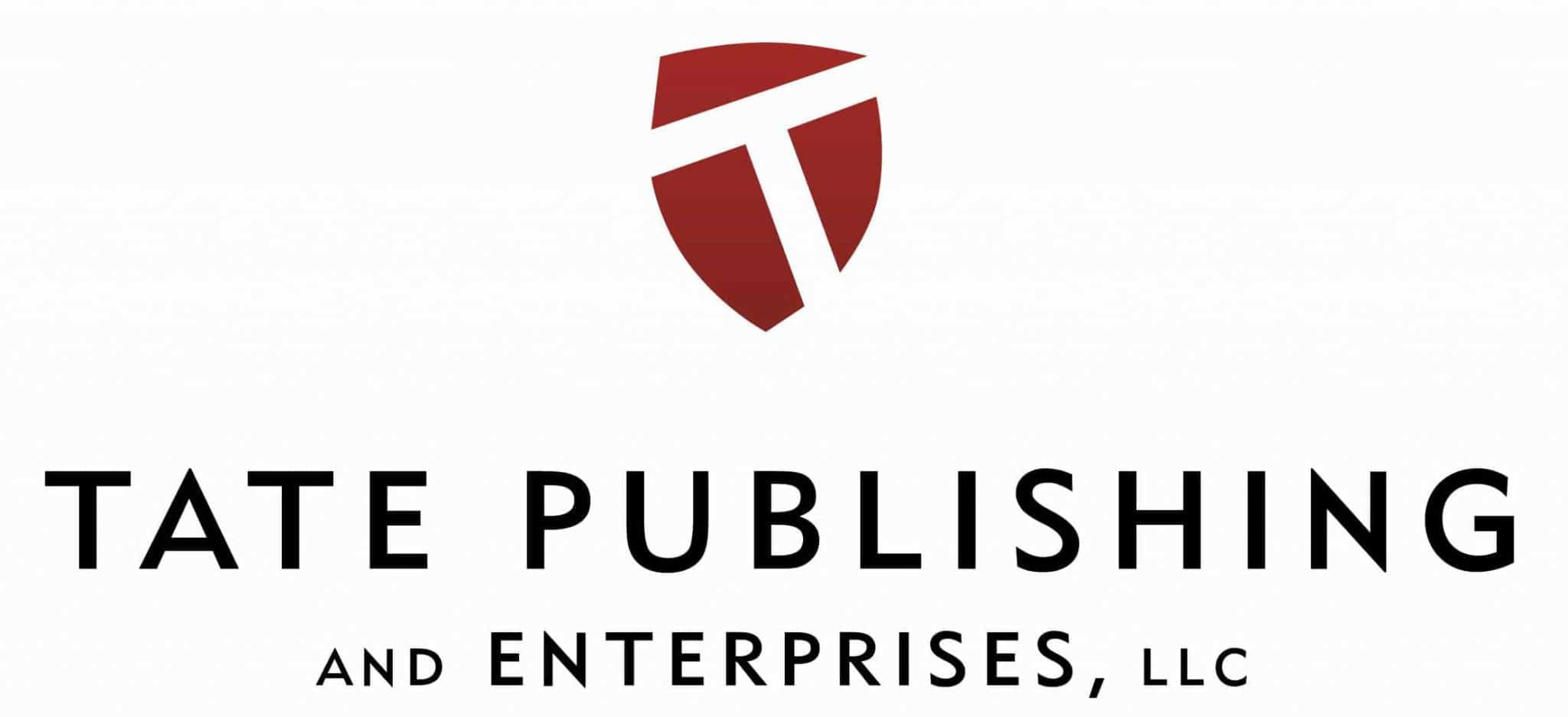
It’s been a rough patch for the publishing industry, especially where indie authors are concerned. With the sudden boom of the digital publishing revolution, startups appeared across the globe to help authors publish their books. While most of the major retail book platforms offer some kind of dashboard for authors with the know-how and confidence to go it alone, just as many newcomers to the game were clueless about the process.
Those startups took hold and turned into mainstays of the industry, but now the economy and sagging customer performance is picking them off one by one…by one. Tate Publishing is the latest in a long line of companies to jump ship and leave authors behind, and this one is just as fraught with controversy as some other companies who’ve left authors hanging out to dry.
For some cases, the recent downturn (or overabundance) in the self-publishing market was just an obstacle too great to cross. AllRomanceEbooks, for example, closed its doors with very little warning or fanfare, leaving authors and readers alike to wonder what would happen to their books. For authors whose paid promotions were yet to be on the schedule, those lost funds stung even worse than the betrayal.
But Tate Publishing apparently has a long, proud tradition of operating just this side of legal. A blog post complete with numerous citations outlining its years-long reputation for poor business practices can be found here. The article cites things such as not paying its foreign workforce in the Philippines and facing a multi-million-dollar lawsuit with Xerox, who repossessed Tate’s business machines some time ago.
With the loss of some big names in the indie book industry, the time is right for other companies to step in and fill the void. Self-publishing imprint Lulu wasted no time creating a page that specifically speaks to Tate Publishing’s floundering authors, for example. Other sites, like BiblioCrunch and even Upwork, can provide a wealth of services for authors without requiring a “sign away your rights”-style negotiation.
These are certainly interesting times for the publishing industry, and the more choices authors have, the better the retail experience–and their books–will be.
Mercy Pilkington is a Senior Editor for Good e-Reader. She is also the CEO and founder of a hybrid publishing and consulting company.